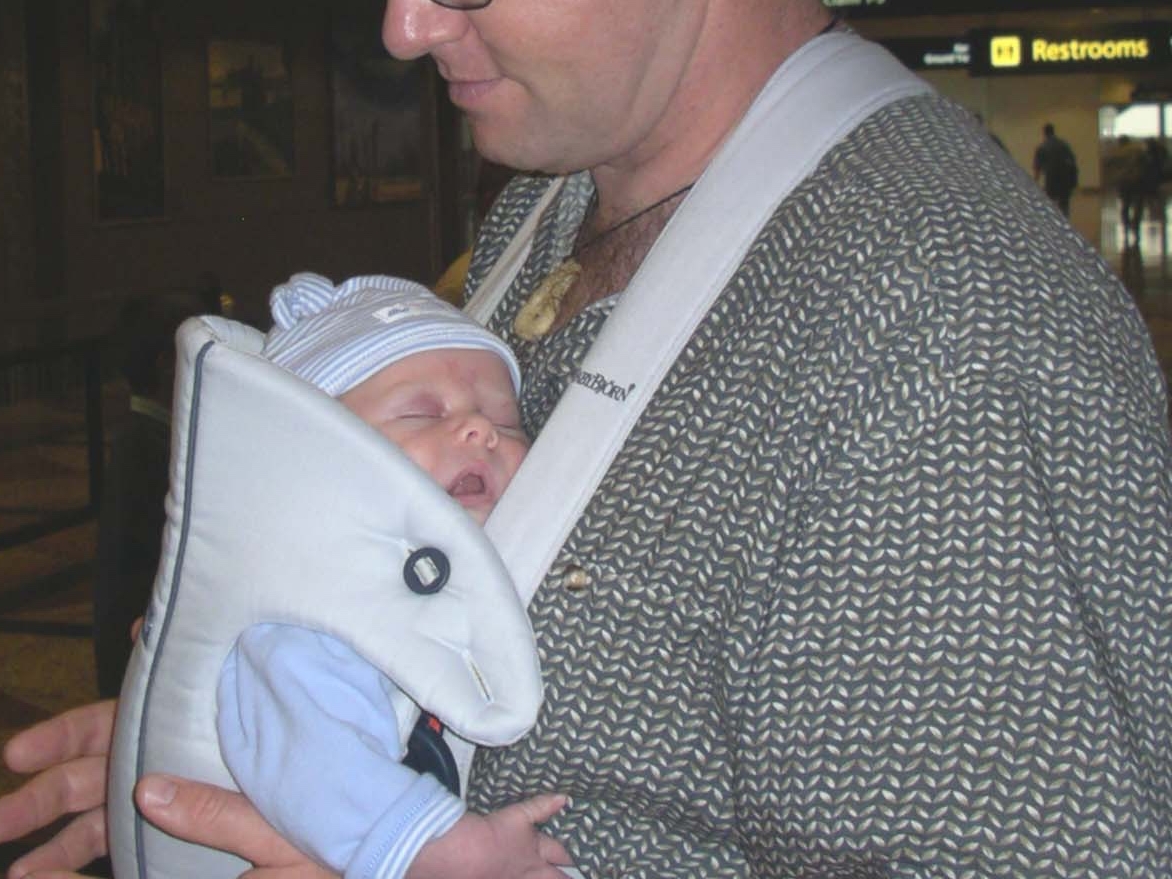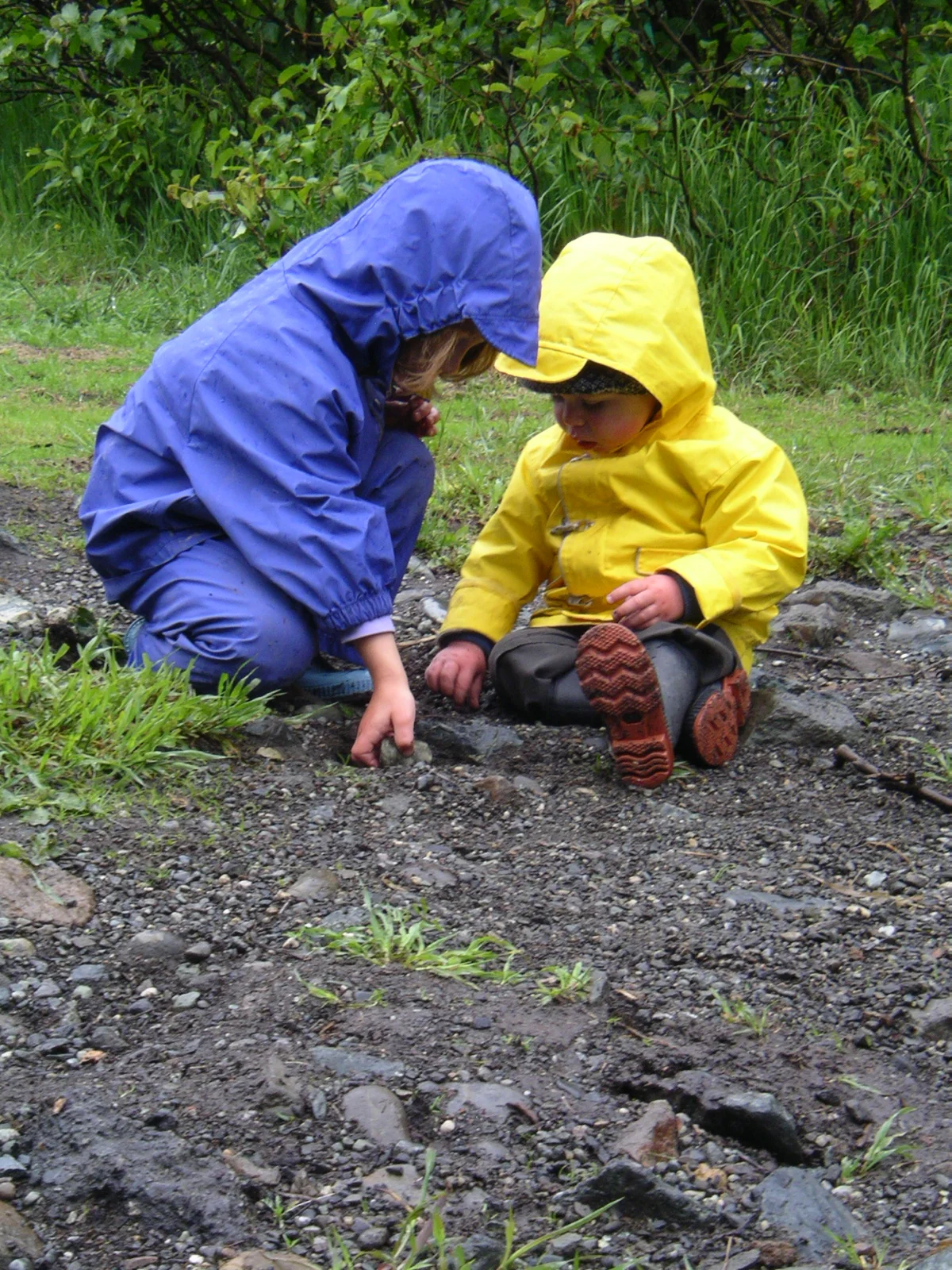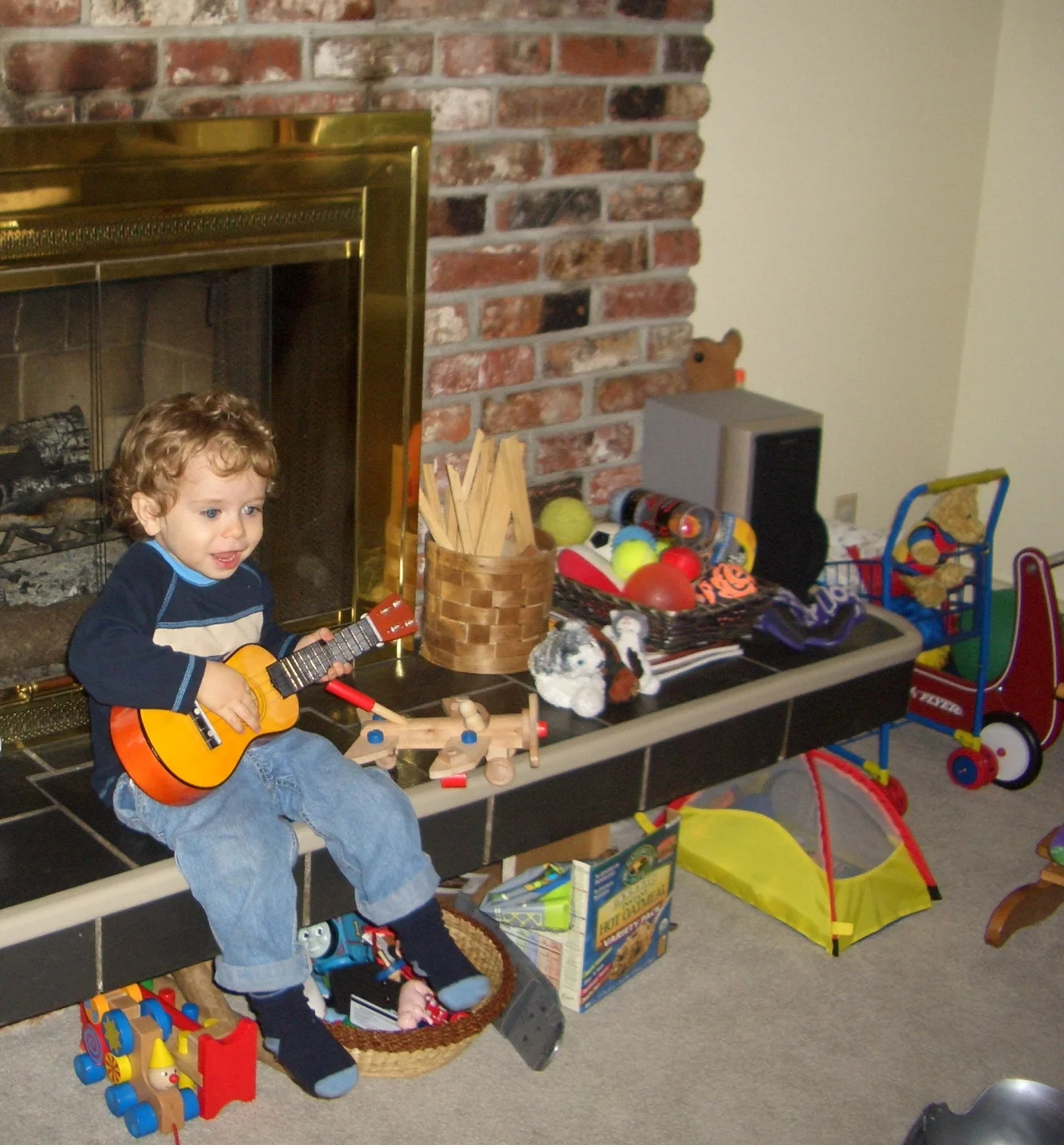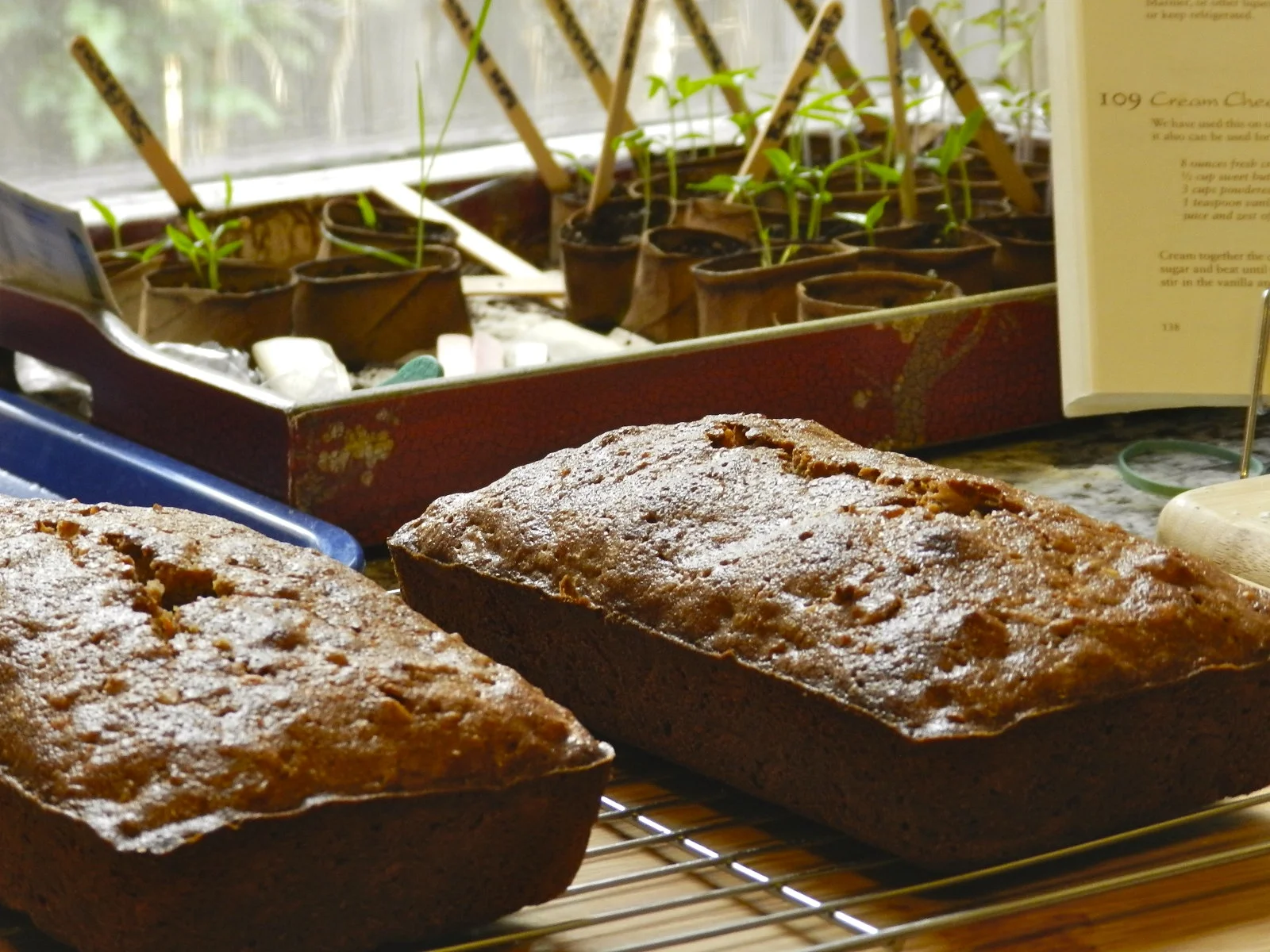25 Things To Bring Joy To Your Family Experience
Finding joy, like any good journey or adventure is not always easy. The rewards though usually make up for the work. The following list is a number of things that we did that had a beneficial impact on our family life. It certainly is not a list of 25 commandments, pick and choose things that speak to you, try them out and make them your own if you like them. Children do not come with a manual for a reason. Every child and every family is different, finding your way is an individual journey. Happy navigating, good luck and enjoy.
The First 6 Months:
Nothing prepares you for the first time a baby happens. Nothing. I am glad that my experiences outdoors supported my flailing immersion into fatherhood:
During alpine climbing you have to wake up between midnight and three am to miss the increased hazards that occur later in the day. This is great preparation for the inconsistent sleep patterns inspired by a newborn.
Expeditions create alternating waves of euphoria and frustration. While you are excited to be out in the wilderness it is not always easy. Wow, parenthood is the same.
Kayaking in gorges away from a road taught the MacGyver mentality - fixing situations with limited resources.
Rock climbing is based on the implicit trust of a partner, parenthood is the same - look after each other.
1. Using a sling:
When it comes to child rearing there is a lot to be said for taking inspiration from indigenous cultures. A baby that is close leads to everyone being happier. The baby feels safe and nurtured and the adult definitely receives a lift from the warmth, smell and sounds of a little being right next to them. The biggest stress in a new parent’s life is a baby’s cries and a sling radically reduces them (43% less likely). The World Health Organization, Unicef, The March of Dimes, and the National Institute of Health all recommend wearing a child and deem it a scientifically sound, low cost, and a high impact developmental intervention for both baby and mother. For more information on why wearing babies is beneficial, click here.
2. The First Few Weeks:
As new parents Kimberly and I both took time off work and pretty much locked ourselves away for 30 days. This is the biggest life change I have ever experienced and I needed time to adjust and learn. Removing distractions and taking a while to explore how we were going to live together is one of the most valuable things we did for our family. This time allowed us to collaboratively and proactively set up systems that stood in place for the following years. The pace of a new family is also different to the rest of the world, we found honoring this was a good thing to do.
BE KIND TO YOURSELF AND GET OUTSIDE!
3. Finding a Book That Helps You Discuss Your Parenting Philosophy:
Knowing what kind of parents you want to be is often a minefield. Many people are happy to give you their opinions (I’m one). In the end though you have to figure out your own way, so finding a book that sparks conversation with your partner (or an internal dialogue) is extremely useful. The book that served as the best catalyst for us was, Trees Make the Best Mobiles by Jessica Teich and Brandel France de Bravo. Don’t expect to agree with everything in a parenting book, use them to discuss what is important to you while picking up a couple of techniques to try. Trees Make the Best Mobiles encouraged us to play with ideas we were not hearing about elsewhere and definitely shaped the way we opted to raise Cai.
4. Spending Time in Nature as Soon as You Can:
When Cai was fussy, taking him out to look at the interaction between the leaves of a tree and wind worked like magic. The first night we went family camping he was six weeks and it was the first time he slept through the night. There was a big storm that night as well. Walking down by a creek or looking at a bear cubs scratchings on a young aspen became wondrous experiences as Cai’s facial expressions suggested some kind of transcendent state. This made these visits so much richer for me. Watching your child in places you love brings a whole new quality to your experience of those places.
5. Learning Baby Sign Language Together:
We started signing with Cai at 6 months and continued until he could verbalize all his signs. It blew me away what he was able to “talk” about before he had a voice. Research seems to suggest that the vocal chords develop after the capability to use them. (Imagine knowing stuff and not being able to tell anyone.) By being able to express his needs and be understood Cai had a lot less reason to be frustrated and he acted accordingly. We did not experience “the terrible twos” and I attribute a lot of this to his being able to talk and explain things before his time.
“They are much to be pitied who have not been given a taste for nature early in life.”
The Early Years
6. Reading Together:
Giving children the gift of reading books is a wonderful treasure. Unlike a movie, books allow imagination to fill in the gaps left by the author, creating a far more personal experience. The best way to encourage children to read, is to read to them when they can not do it for themselves. In the beginning you will be reading the same book over and over again (so find ones you enjoy). This becomes a distant memory when you start reading chapter books together and you are as excited as the child to find out what happens next. Curling up as a family with a good book is sublime.
7. Turning Off Electronics:
Kimberly called my phone, the mistress. If I do not watch myself it has a tendency to catch my attention; and if I am honest with myself, dominate it. The best thing we can give each other is our full selves. Being present is a real gift in our hectic world and as we all know, not only can giving be joyful in and of itself, it also inspires others to give as well. There is benefit to watching a movie as a family, or researching a place to go online. I am going to hazard a guess though that there is more to be gained by having at least some shared time in a day which is screen and electronics free. I know I am able to listen better when I am not distracted by text or email.
8. Booking a weekend in a cabin
Building on the concept of screen free shared time, there is no better place to do it than in a cabin with minimal conveniences. When you place yourself somewhere with minimal distractions to living simply as a family, success is likely. If the cabin is in the woods, on a mountain, or by a beach it will be even more so. As the old Zen saying goes, “Before enlightenment, cutting wood, collecting water. After enlightenment, cutting wood, collecting water.” Sharing simplicity and beauty makes your time together so much more enriching.
9. Acquiring a Good Stroller / Trailer:
When we moved to Alaska (Cai was 12 months), we bought a Chariot off some friends who were leaving the state. The thing was incredible, we had all the parts for it to be a jogging stroller, a bike trailer and a ski polk. How happy was dad? For 3 months of the year we could cross the road from our house and start nordic skiing. I think of all the bonding our family did through bike rides, ski journeys, strolls and runs. I marvel at all the nature we saw. I think of all the times I took care of my (exercise in nature) needs while exposing Cai to the great outdoors. My one suggestion is to leave the headphones at home, a stroller does not connect you in the same way as a sling so talking about what you see and feel is even more important.
10. Finding a Daily & Weekly Rhythm:
When a child knows what to expect it makes life far easier for him or her. We get up at this time and go to bed at this time everyday. When we get up we make our bed. Breakfast, lunch and dinner are at the same time each day and finally before bedtime rituals we brush our teeth. Not having a choice (more on this later) is actually reassuring. I remember as a child having certain meals on certain days, which makes planning food and shopping far easier, it also allows the child to recognize the day by what is going to happen. “Friday is fish day, what else happens on fish day?” As an adult I used to love riding my bike to work over the Menai Bridge. Every day I crossed it at the same time, but the height of the tide was different, the tide was directly related to the moon and over time I began to understand this relationship. Some things are constant, some things are irregular, some relationships are complex. Encouraging consistency, where you can, allows a better understanding of other relationships. There is a wonderful chapter on rhythm in Sharifa Oppenheimer’s book Heaven on Earth: A handbook for parents of young children, which is another book we loved.
11. Making Hikes a Part of Your Routine and Finding People to Share Them With:
As a new mom Kimberly joined a group of other moms who walked with their babies, it was a time for them to chat about their experiences and ask each other questions, all while being soothed by the nature around them. When we moved up to Anchorage she quickly found a local hiking group which became the basis for our early circle of friends. Cai grew up with these hikes, first in a sling, then a stroller and finally under his own steam. He leaned to play with others while picking up sticks, splashing in puddles and taking note of all the incredible sights, smells and sounds the environment provided. Increasingly you can find groups like hike it baby cropping up.
12. Creating a Practice of Gratitude:
Not long after he was able to talk, I took an idea from positive psychology and shaped it into a nightly ritual. Research suggests that a daily practice of writing down three things that you are thankful for each day is as effective as Prozac in lifting depression. This is especially the case when you explain how you made it happen. Whoever is in the house when Cai goes to bed participates in our verbal three thankful thoughts, I confess dad doesn’t usually limit it to three and goes and writes them down soon after. It is a time for us to check in with each other and also to make sure that Cai is going to sleep thinking about something good from the day.
13. The Having of Lovely Thoughts:
On a similar note. We had a short period of time when Cai was having nightmares. To alleviate this and show him how he has control of a lot more than he may realize we also started a practice of describing lovely thoughts before going to sleep. Every night I asked him to describe a lovely thought, something he wanted to dream about. Then I reminded him to close his eyes, lie really still and paint pictures of the lovely thoughts on the back of his eyelids. Invariably when asked about his dreams the following morning he described his lovely thoughts from the night before. We use this to remind him that he can control his thoughts and having good thoughts brings about good outcomes. This has been a fantastic tool over the years.
14. Eating Together:
Everyone tells you about this, let me reinforce it. Meal time is sacred in our house, there is no tv, there is no radio, there is just whoever is in the house sat around our table talking. We start the meal with a blessing and then we talk about our day. On special occasions; birthdays, or thanksgiving, we take turns to tell stories about who or what we are celebrating. This is also a time to lay the foundation for dreams to become reality; places we want to go, things we want to see or do. It is also a guaranteed time where we can all communicate something so that we are all on the same page.
“After a good dinner one can forgive anybody, even one’s own relations.”
15. Having Game Night:
Game night is wonderful because it is a great place for kids to come in contact with how and why we do things. Are we competitive or do we choose to find other ways to achieve results? In the early years collaborative games served us very well. Games usually highlight our qualities, (good or otherwise). How do we react when things are not going our way? How do we treat people if we are wining? There are so many underlying principles that surface during games. This is not about what is right or wrong, it is merely an accelerated way of finding out what is and modeling behaviors you want to see in your children.
16. Reducing / Eliminating Choices:
If you want to see a child melt down give them a choice before they are ready to make it. “What do you want to wear today?” can be some of the most intimidating words to a three year old unless followed by, “the red shirt or the blue shirt?” Good choice making is the result of experiencing many good choices. Barry Schwartz’s book The Paradox of Choice is a good read and the accompanying TED talk is worth a gander. The premises are that we have so many choices these days we are overwhelmed and liberty actually comes in the guise of limited choices. Counterintuitive? Maybe, but if it is the case for us adults you can be sure it is even more so for kids. Now I am not saying do not ask kids to make choices, I am saying limit them and be careful with language that might suggest they can have whatever they want. The best tip I ever read was not to leave the toy catalogue out before Christmas and ask your little ones what they want? They will always remember what you chose not to get them and ask why you didn't.
17. Celebrating Natural Rhythms:
We have already talked about daily and weekly rhythms. When we lived in Alaska the need to celebrate natural rhythms became more evident. The difference between light and dark is so extreme it is almost bi-polar. People definitely suffer from these excesses if they are not prepared. Our school’s Michaelmas lantern walk was a precious time. Seeing the children parading in a line of home made light was beautiful, however, it represented a lot more. Knowing that the days were shortening and preparing to find the light within to last through the long winter was a necessary process. Even without these extremes, recognizing the seasons with a nature table, celebrating the harvest or solstices are all age old traditions for a reason. They are times to be thankful for the abundance in nature and gratitude is one of the secrets to happiness. Helping children to be aware of these patterns will serve them well.
18. Making Seasonal House Decorations Together:
One Thanksgiving break we sat around in a cabin in the woods of Hope, Alaska and needle felted an Advent Calendar. It has 4 little pockets and each week in the Holiday season something appears in one of them. Seven years later that calendar still emerges and we are reminded of the cozy little cabin, the simple feast we made and skiing as a family along the Turnagain Arm to some phenomenal winter views back towards Anchorage and Girdwood. It was a special Thanksgiving and the calendar is an incredible representation of lots of things we hold dear as a family. Since then, there have been felted critters and scenes and all kinds of other crafty creations. The value has always been in making things together, so much so that we try to do teacher’s gifts this way.
“The goal of life is to make your heartbeat match the beat of the universe, to match your nature with Nature.”
And as They Get Older
19. Using Closed Questions Before Open Questions:
Open questions are great, they encourage expansive answers. However, have you noticed how they are often met with stony silence? “Tell me about your day at school.” “Grunt.” As a teacher I found that asking closed questions first allow a decent answer to unravel. “Did you have a good day at school?” “Yes.” “Was there anything that was particularly fun?” “Yes.” “Can you tell me about it?” “Yes.” “So how about telling me about it.” “OK….” Closed questions are non threatening, there is often only a choice of two answers. Closed questions can also ask permission. More importantly by gently being asked permission the child realizes that they have have gone down a valley of no return and have signed themselves up for a response. It is a beautiful thing. My favorite book on encouraging surly children to talk is called Open to Outcome by Mari Ruddy and Micah Jacobson.
20. Having Family Adventures:
Cai & I first took a rope out climbing when he was nearly three although he had been bouldering before then. It was a great afternoon. We had found a series of slabs and I used a guiding technique called short roping so that we moved together. It really became part of what we did when he was four. The beautiful thing about climbing rocks (and trees) is that an external medium shapes movement. This movement grounded Cai and laid the foundations for the graceful poise we now see. Adventure does so much more though. The canoe or raft trips that became pirate journeys, the views from the top of a mountain, the ski hut trips with friends, these have all contributed to him knowing what he is capable of and how to dig deep when things are not easy.
21. Meditating / Praying Together:
We cannot call ourselves a religious family, however we do like rituals and mindfulness. Having a meditation practice has been one of the best things I have done for my own sanity and happiness, sharing these tools with Cai has been magical. Recently he has opted to do it without encouragement. When my 11 year old recognizes that he can remove hurtful thoughts through a simple discipline I become very excited. The fact that he appreciates the benefits of mindfulness a lot younger than I did leaves me with warm fuzzies. Seeing him start (I emphasize this because developmentally I am not sure when this is fully possible) a journey of compassion leaves me feeling pretty proud. A good place to start finding resources about children and mindfulness is Inner Kids.
“A wise woman once said to me that there are only two lasting bequests we can hope to give our children. One of these she said is roots, the other, wings”
22. Incorporating Chores into the Weekly Routine:
Work is a huge tool for developing self esteem and purpose, from the early cleaning rituals to the first teenage job, work will help children gain a bigger picture of their place in the world. Cai has household responsibilities (chores) and he has jobs he can do for payment when his chores are done. The fact that there is an expectation that as a member of the family he does a share of the household work has given him a sense of worth and belonging. He knows that he has a role to play and is a contributing / valued member of our family. Helping the child learn that they have done the job well enough so that (s)he can validate her / himself, is another part of this. Choosing jobs they can be successful at makes everyone happier.
23. Having Plants and / or Pets in the House:
I never had a dog growing up, I always wanted one, it just never happened. Then with all the traveling and irregularity of my outdoor life I never thought I would be able to look after one. Buying a puppy as a Christmas present for Cai was one of the biggest presents we gave each of us. Baggins is the gift that keeps on giving. To Cai he is a younger brother, someone to play with. For Kimberly he is another soul to look after and spoil. To me he is a ski and backcountry buddy and a reason to go get some exercise when I would talk myself out of it. To all of us he is unconditional love, his excitement when we return home or at the start of a new day is infectious. For Cai though he is also a responsibility; someone who needs feeding, walking and cleaning up after. It is constant and never goes away and this has been a valuable lesson. If you can not have pets then plants can do some of the same and have the added benefit of bringing color into the house.
“The bond that links your true family is not one of blood, but of respect and joy in each other’s life.”
24. Growing / Catching Your Own Food:
I do not know if you have ever caught a fish, processed, cooked and eaten it or grown a tomato, plucked it from the vine and put it straight into a salad. It invariably leaves a sense of satisfaction that is hard to beat. Children are less cynical versions of adults, they have not been beaten down by a catalogue of negative experiences. I believe they are therefore more sensitive to our needs as humans. We may now find our food in a supermarket but this leaves something lacking. Watch a child pull a carrot out of the ground, wash it off and then munch on it. It is primal and so natural and helps me to realize just how important it is to the human condition. Sharing food like this as a family helps take us back to a “Walton” state of being. The simplicity increases family ties.
25. Doing Something as a Family and Rewarding Yourselves:
The hardest thing in todays busy world is finding the time and inclination to do things together. Work, school, sport, activities all pull us in different directions and leave us worn out. There is an expectation that we need to always be doing something. Since parenthood some of the best times for me have been when I have shared something I love doing with the whole family. When we go out into nature together and take the time to look around and be thankful for all the blessings in our life. Hopefully, this is reward enough, I do encourage you to acknowledge that you have made the time to be together and celebrate that in a way you all appreciate. Go for an ice cream, bake a cake, watch a movie, buy a toy you can all use. These are the moments you will all remember, way after the memories of work have faded. This is what you came here to do, be present, appreciate it and give thanks.
Incorporated Links:
Why wear babies? http://www.askdrsears.com/topics/health-concerns/fussy-baby/baby-wearing/benefits-babywearing
Chariot Cougar Stroller http://www.thule.com/en-us/us/products/active-with-kids/strollers/multisport-trailers/thule-chariot-cougar-1-_-10100534
Hike it Baby https://hikeitbaby.com
Heaven on Earth http://www.amazon.com/Heaven-Earth-Sharifa-Oppenheimer-ebook/dp/B005S0ELFM/ref=cm_cr_pr_product_top?ie=UTF8
The Paradox of Choice www.amazon.com/gp/product/B000TDGGVU/ref=dp-kindle-redirect?ie=UTF8&btkr=1
Open to Outcome http://www.amazon.com/Open-Outcome-Facilitating-Experiential-Reflection/dp/1885473591
Inner Kids http://www.susankaisergreenland.com/inner-kids.html
Where the Fruit is
Do our 25 tips speak to you? Try the following.
Imagine a family life filled with joy. Countless blissful moments. Everybody happy to hang out together. Beautiful, boisterous, breakfasts. Deliciously, delightful, dinners. Weekends you all look forward to. Does this sound fanciful? It doesn’t have to be, you all deserve it. First define your family values. What is important and why. Then you will able to create a plan to live authentically and joyfully.
We love helping families to flourish. Use the Contact page to reach out.


























